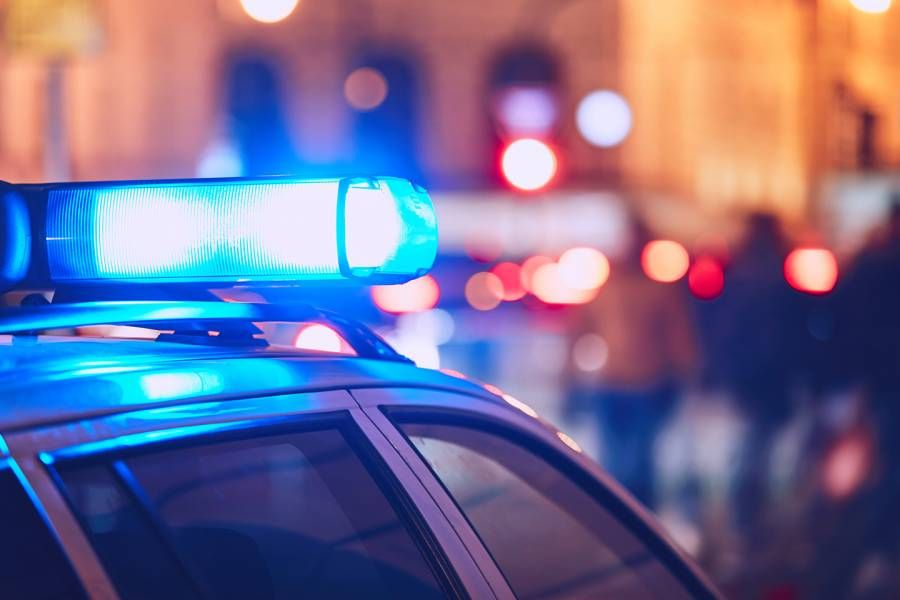
Legalization Helps Police Solve More Serious Crimes
Legalization will reduce crime and free up resources. Since 2012, Washington State and Colorado became one of the first states to legalize the use of recreational marijuana. As time passed, supporters and opponents of legalization have seen and acknowledged the consequences of strict marijuana laws, seeing the harsh protocol for drug enforcement take valuable resources away from major crime divisions.
Consumers aren’t the only ones benefitting
A new study by the Washington State University’s Criminal Justice Department and Governmental Studies alumni states that legalization has persistently benefited both the Washington and Colorado police departments by freeing up resources to solve major crimes. The Washington State University Study also stated that legalization hasn’t negatively affected legalized state’s crime rates, but has shown a significant improvement in crime clearance rate compared to non-legal states. “Compared to other non-legal states,” the study indicates that legal states are solving serious criminal cases in a faster rate than ever before.
To back their claim, the Washington State researchers used FBI data from 2010 through 2015 to study how much crime is solved by the Colorado and Washington’s police department. Before the state’s legalization of cannabis, FBI data reported low rates of crime clearance or crime-solving. Although after 2012, rates seemed to stabilize and increase in clearance rates following legalization, an effect that is not reported in the 48 non-legal states. Specifically, clearance rates for burglary and motor vehicle theft have increased in Colorado and Washington.
The authors of the Washington State’s University’s study have shown the “clearance rates for these two offenses increase dramatically” in Colorado and Washington state, “while in contrast, national trends remained stagnant.”
Still, the researchers can’t say conclusively that legalization will reduce crime and free up police resources. Other factors like different enforcement strategies and police overtime could have also played a part in higher clearance rates. Yet the Washington State University researchers acknowledged in their study that there haven’t been any changes to public policy and other procedural duties in Colorado and Washington State. The researchers commented that the “argument that legalization produced a measurable impact on crime-solving rates is very plausible.”
Data Doesn’t Lie
The idea that legalization would free up valuable police resources is a common argument with supporters of cannabis. Last year alone, it’s estimated around 600,000 people nationwide have been arrested for possessing marijuana. Data has also shown that marijuana arrests exceed the rates for all violent crime. Not only that but a large amount of persecuted individuals who are arrested for drug possession are more likely African American.
The Human Rights Watch and American Civil Liberties Union’s study documents how African American individuals are six times more likely to be arrested for marijuana possession than Caucasian people. In the Human Rights Watch’s analyzation of the number of arrests conducted in the state of Texas, Florida and New York, they saw that the majority of people who are convicted for possession are sentenced to some form of incarceration.
Human Rights Watch activist, Tess Borden also documented that nationwide the number of arrests due to marijuana possession has increased by thirteen percent this year. Borden comments that “most people don’t assume drug possession is the number one public safety concern,” although, from these drastic results, the data seems to prove otherwise.
A number of states are currently debating the pros and cons of legalization and police as they vote on marijuana-related bills in Rhode Island, Utah, Michigan, and Illinois. If legalization passes in these debating states, all recreational cannabis use can be legal as early as the month of November. For more education on legalization, CBD and more, contact Go Green Botanicals.
 Shipping
Shipping Delivery
Delivery Local Pickup
Local Pickup





